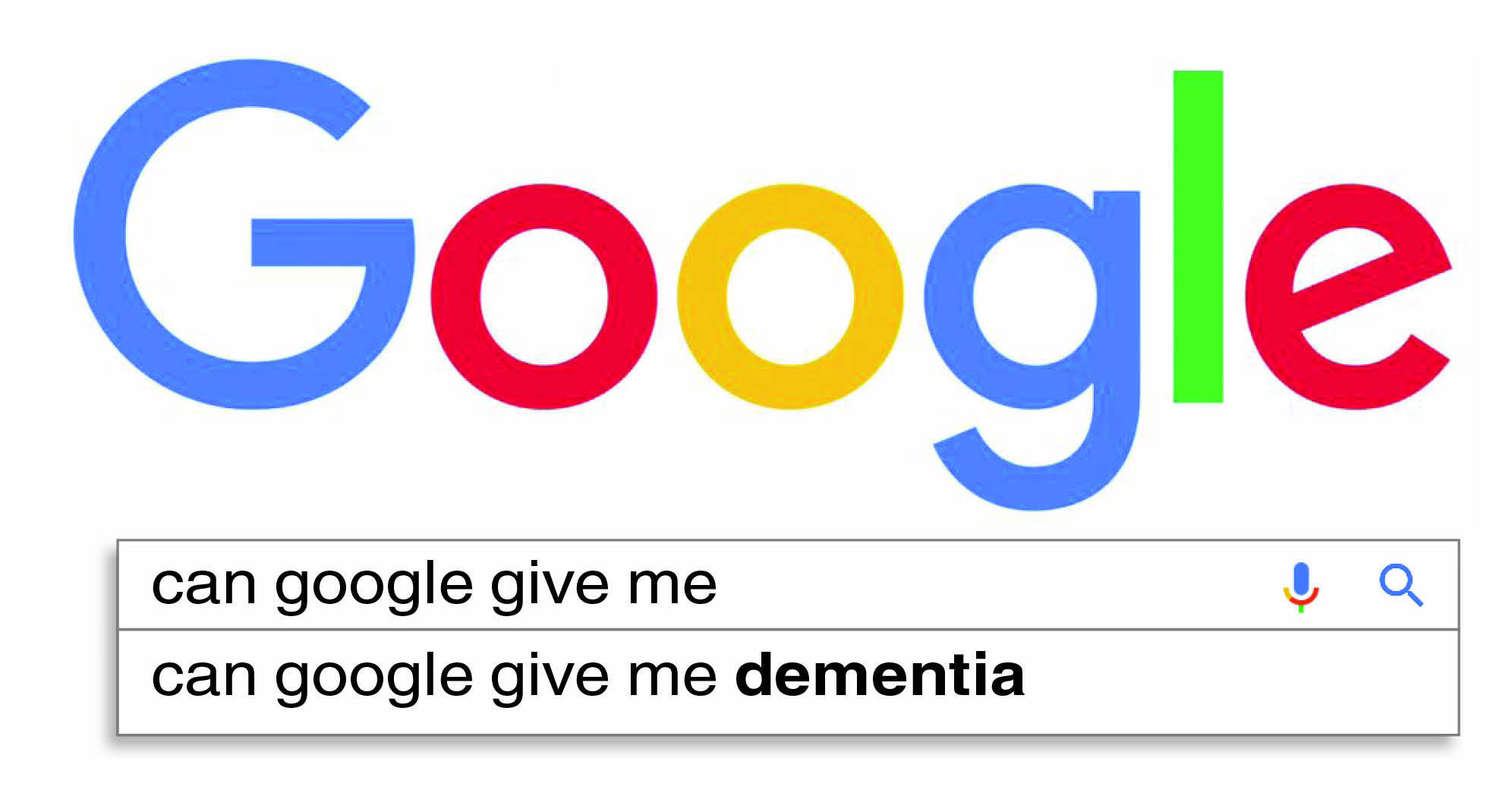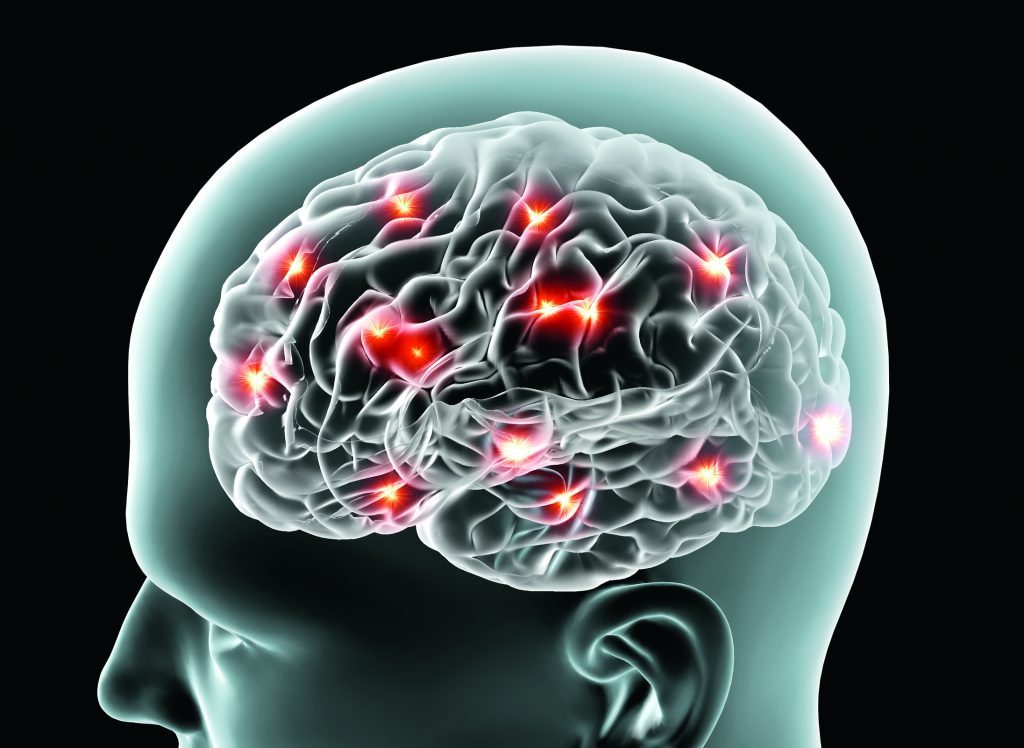
HAVING the internet and a wealth of information at our fingertips has opened up our world but an expert has warned it might also be putting us at risk of dementia.
As we become ever more dependent on searching online rather than searching our brains, a leading dementia researcher has described the practice as an “experiment” we are conducting on ourselves.
Professor Frank Gunn-Moore, director of research for the School of Biology at the University of St Andrews, said: “It’s important to promote good brain health and to do that is to use it, but these days we seem to outsource our brain to the internet.
“If we want to know something, we look it up online rather than trying to recall the information from our memory.
“It’s an experiment the human race is running and we will have to wait and see if this outsourcing affects dementia prevalence.”
Prof Gunn-Moore will deliver the main lecture at the annual Alzheimer Scotland Christmas event in Edinburgh this month.
He will pose the question “Why is it that only humans get dementia?” but the truth is, it’s not. Recent collaborative research conducted by scientists from Scotland, England and America found signs of Alzheimer’s in the brains of dead dolphins washed ashore on the Spanish coast.
One of the common denominators between humans and dolphins, and why they are susceptible to Alzheimer’s, is because of how insulin works in both species.
Normally associated with diabetes, insulin regulates the sugar levels found in our blood and triggers a chemical cascade known as insulin signalling.
Another shared trait is the fact that both can live long after the end of their fertile years.
“When insulin signalling changes, that can affect not just diabetes but also dementia,” Prof Gunn-Moore explained.
“Those with diabetes have an increased risk to develop dementia.
“We’re now looking at this more, whether the drugs people are taking for diabetes could have benefits for those with dementia.”
Prof Gunn-Moore, who will speak at the event on December 14, insists there are reasons to be positive in the fight against dementia, with Scotland at the forefront of pooling resources and expertise.
“I believe there is hope,” he continued. “When I think back 10 years, the strides we have made are amazing.
“There are several factors that could result in Alzheimer’s – environment, stress on the brain, genetics.
“This is a complex set of diseases to try to treat and it will have to be a combination of drugs.
“For example, the first successful treatment of HIV, although a very different disease, came through combined drugs.
“The prevalence of dementia has started to drop but because more of us are living longer, the number continues to go up.
“There is good evidence that if we live a healthy lifestyle we could get rid of a third of the cases, but we’ve known that about the heart too and we still see a rise in obesity, so it’s a social thing.
“Simply put, anything that’s a risk factor for the heart is also a risk factor for the brain.
“I’m a positive person and by including people in other disciplines and fields, which we do, I know we can really add something.
“We have the Scottish Universities Life Sciences Alliance, where eight universities work together. That wouldn’t happen down south. And there is also the Scottish Dementia Research Consortium, which brings together universities, hospitals, scientists and clinicians.
“It’s something we should be proud of.”
Get tickets at alzscot.org/xmas_lecture until Friday. A limited number will be available on the door.

Enjoy the convenience of having The Sunday Post delivered as a digital ePaper straight to your smartphone, tablet or computer.
Subscribe for only £5.49 a month and enjoy all the benefits of the printed paper as a digital replica.
Subscribe
